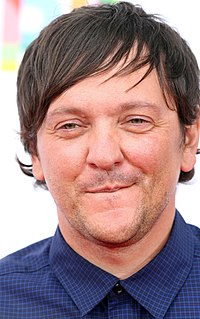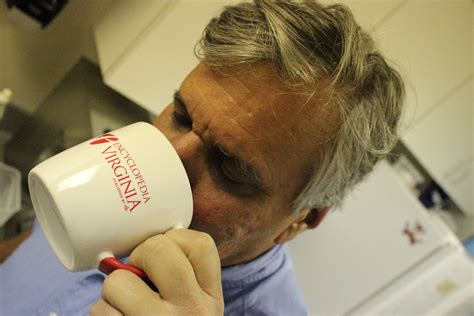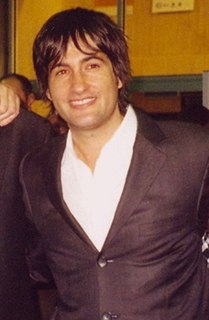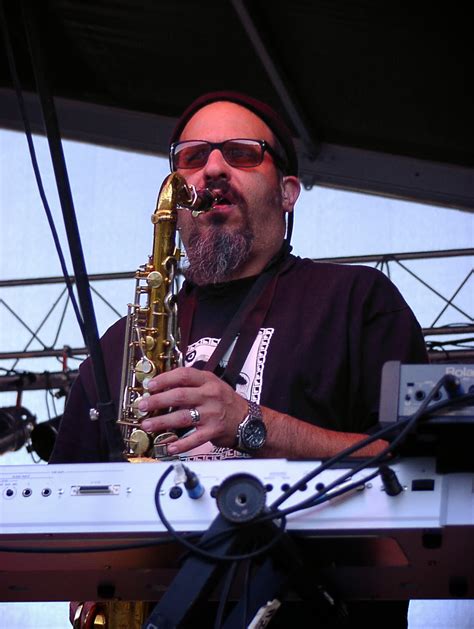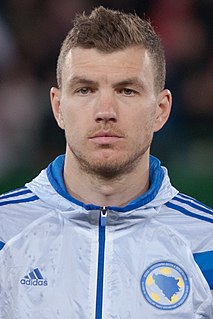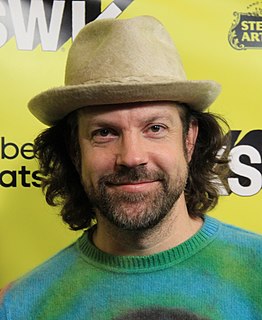A Quote by Nicolas Cage
That was one of the reasons why I wanted to tell the story of Colin Price. I saw someone in this fictionalized political character that was trying to do something important for his city. He meant well, but then you see that the human flaws had really derailed his past. It seems to be happening more and more in our country. I wanted to hold a mirror up to that.
Related Quotes
but it wasn't just about my feelings. The more I got to know you, the more I was certain that you'd do whatever it took to provide for your family. That was important to me. You have to understand that back then, a lot of people our age wanted to change the world. Even though it's a noble idea, I knew I wanted something more traditional. I wanted a family like my parents had, and I wanted to concentrate on my little corner of the world. I wanted someone who wanted to marry a wife and a mother, and someone who would respect my choice.
For here we are so blind and foolish that we never seek God until he, of his goodness, shows himself to us. It is when we do see something of him by his grace that we are stirred by that same grace to seek him, and with earnest longing to see still more of his blessedness. So I saw him and sought him; I had him and wanted him. It seems to me that this is and should be an experience common to us all.
I really wanted to work with Luc Besson. I'm a big fan of his. Did you ever see 'The Professional.' It was very violent. But a fabulous story, a fabulous movie, very well done. So that and two or three other projects of his that I've seen, I just thought if I had a shot to work with him I wanted to do it.
I started doing comedy just as myself, because I thought, "This is what's expected, you're meant to tell stories and do observations." And then I started to realize that I wanted to mix it up a bit, so I started to doing songs, and I had a little keyboard onstage and would bring in little props. Then I thought about the idea of talking about a character and becoming the character onstage. So, it sort of morphed into being stand-up that was more character based, and I found that's the stuff I got the better reaction from and was more exciting for me.
Longing surged up within me. I wanted it. Oh God, I wanted it. I didn't want to hear Jerome chastise me for my "all lowlifes, all the time" seduction policy. I wanted to come home and tell someone about my day. I wanted to go out dancing on the weekends. I wanted to take vacations together. I wanted someone to hold me when I was upset, when the ups and downs of the world pushed me too far. I wanted someone to love.
Reagan said that government is not the solution to our problems, government is the problem. And he was going to dismantle that government. Well, long story short, he failed to do that. He built up the military to a much greater status, more people in it, and actually more employees after the end of the Reagan administration. And, to achieve his objectives, he did some of the very same things that Trump is doing to achieve his. What Ronald Reagan really wanted to dismantle was the welfare state. And he had limited success in doing that.
It struck me that Steve Jobs, known to be such a brilliant speaker, had a very difficult time explaining things when he was younger. He was describing technology that didn't exist. He had MIT engineers, and he was trying to tell them what he wanted; but there were no terms for what he wanted yet. I think a lot of his early frustration was trying to quickly get his vision to the finish line.
Let me tell you something, last night in the debate, during one of the breaks, two of the breaks, Donald Trump went backstage... He asked for a full length mirror. I don't know why because the podium goes up to here. He wanted a full length mirror. Maybe to make sure his pants weren't wet. I don't know.
I didn't really want to be an actor when I was growing up - I wanted to be whatever I was reading about or seeing at the time. When I read The Firm I wanted to be a lawyer; when I saw Top Gun, I wanted to be a fighter pilot. So that's why acting probably turned out to be a good thing for me because I get to be people for five minutes or 90 minutes. I'd be curious to see if I had the attention span to be like those guys on 30 Rock and play the same character season after season.








